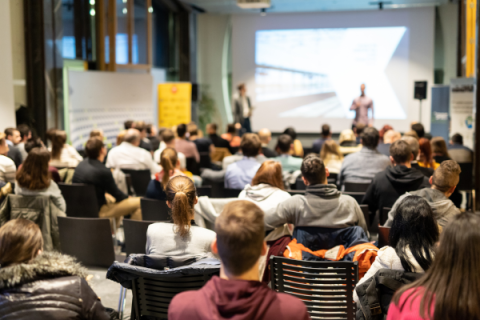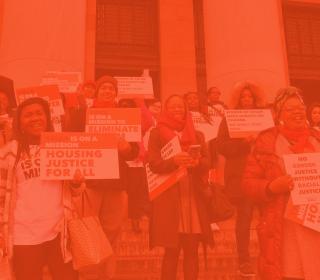The Conference Recap
As the largest continuing education opportunity for direct service providers in the state, the Conference on Ending Homelessness (COEH) is a vital resource for advocates, nonprofit service providers, lawmakers, people with personal experience of homelessness, and more.
The conference featured inspiring keynote speakers including Deakin University's Cirriculum Director and Senior Lecturer Dr. David Broader Giles, PolicyLink's housing team Senior Associate Tram Hoang, and New Yorker staff writer and Dean of Columbia's Journalism School, Dr. Jelani Cobb. More than 75 speakers and facilitators tuned in virtually from all over the state, presenting on comprehensive topics like advocacy & organizing, health & housing, direct services, equity & racial justice, and more.
Advocacy Works
YWCA had the pleasure of sponsoring, participating, and presenting at the conference this year. YWCA’s Policy and Advocacy Coordinator, Mariam Ahmed, was delighted to join the COEH Program Development Committee this year alongside Teresa Clark, Deputy Director at WLIHA, and many other outstanding individuals from various organizations.
This committee collaborates and ensures that COEH offers well-balanced programming that meets the training needs of diverse homelessness stakeholders across Washington by offering ideas and prioritizing session topics. Participants come from a wide range of locations to share their diverse experiences. With BIPOC individuals, people with disabilities, and more all in attendance, more voices are heard from people often closest to housing issues and excluded from legislative efforts.
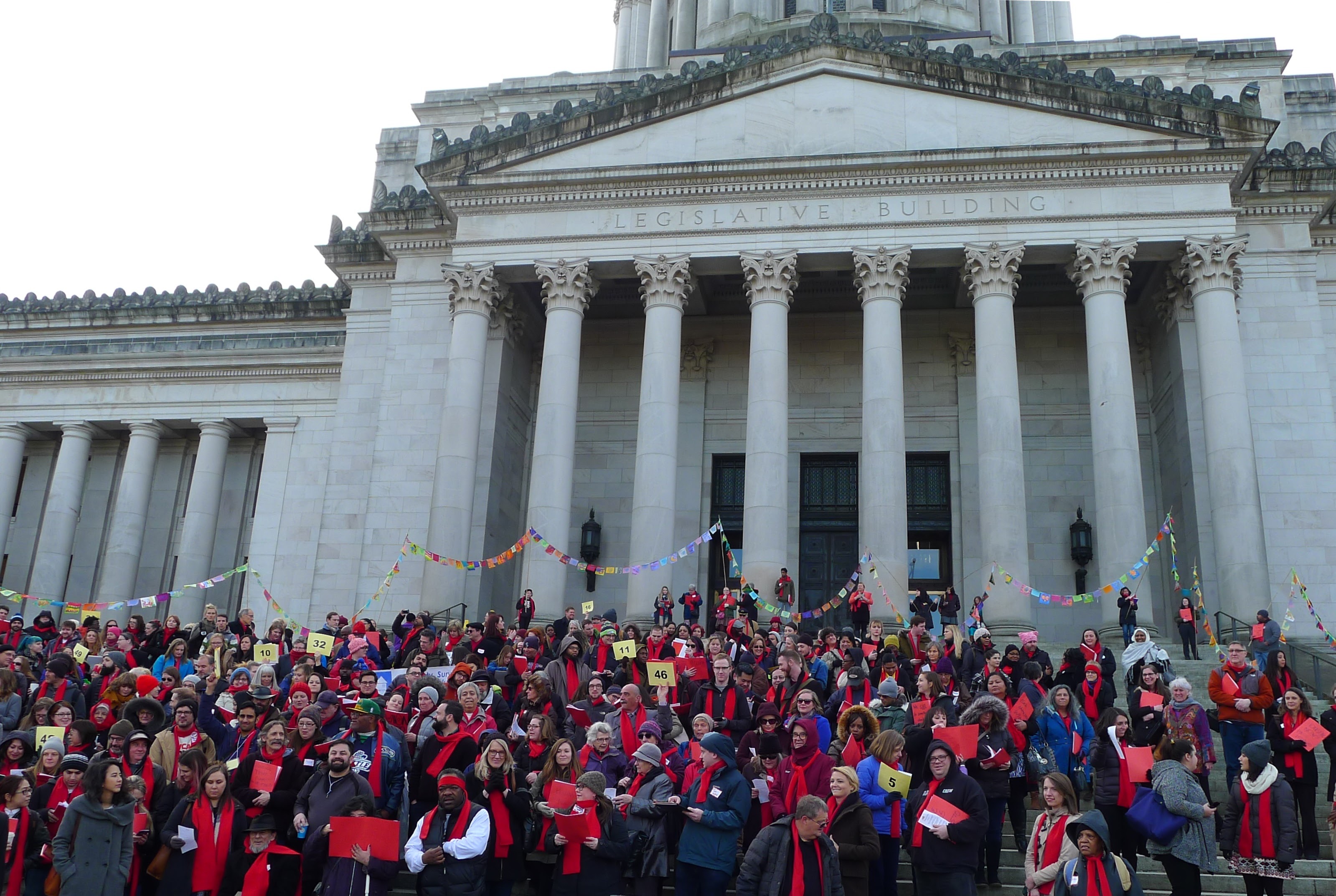
Ahmed presented with Mindy Woods, board member at WLIHA, in one of the first program sessions titled “Advocacy Works: Organizing for State Legislative Victories." Woods and Ahmed informed the importance of advocacy, what forms advocacy can take, how bills become law, how to meet with legislators, and more. They emphasized the need for advocacy year-round and the importance of compelling narratives to achieve victories in legislation.
Stories are powerful and can help change hearts, minds, and narratives. Woods shared how impactful it was to share her story with legislators and advocate for community members to have safe, stable housing. This resulted in changes to legislation that ended source of income discrimination.
Mother Nation: Reclaiming Cultural Identity & Language
Another highlight of this conference was the session on the work of Mother Nation, an organization committed to supporting Native Americans in Washington, focusing on the unique challenges that Native women and families especially face as a community. In the session, “The Importance of Culturally Relevant Services,” Yvette Perrantes, Homeless Response Team Program Manager, and Reuben Twin, Housing Outreach Program Manager, discussed the many unique challenges that are often created because of the systemic obstacles and Western conditioning Native communities have endured.
Perrantes shared the unique challenges Native women face, which includes issues like higher rates of violence and disparities in the areas of health and economics due to unresolved, complex, and intergenerational trauma. These disparities are also a result of the genocidal history of the United States, through enactments of federal policies that were intended to disenfranchise Native Americans while administering the erasure of tribes and communities.
Many issues, like housing, are sustained over time due to the lack of ongoing resources and support for Native communities. Others are a direct result of colonization, such as Native people having to reclaim language and cultural identities while being from derecognized tribes like the Duwamish, who are still fighting for fishing rights. An example she shared is that Duwamish traditionally eat fish as a core part of their diet, but struggle to meet that need due to their lack of fishing rights and their inability to purchase salmon at such high prices.
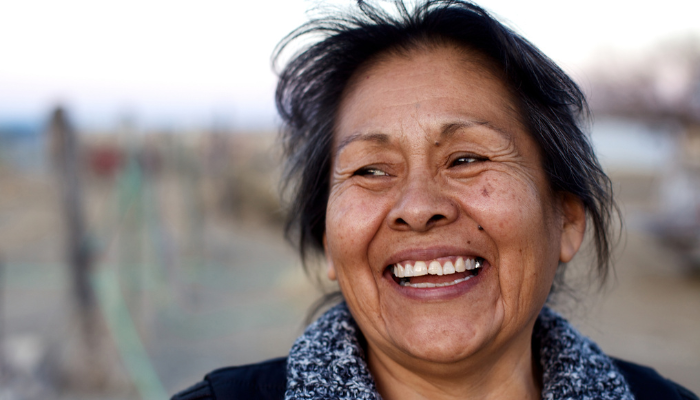
Mother Nation does incredible work with a mission to deliver social and cultural healing services for Native women that nurture, create stability, and inspire growth through sisterhood. With an approach centered around culture and healing, Perrantes explains that their measures for success are based on spiritual connections they make with other communities — connections built on care and trust. They work diligently to repair harm caused by systemic injustice and restore balance in individuals by using collective healing to cope with trauma. "When we talk about unsheltered individuals seeking housing, within the Native community, we like to look at those as relations. They are connected to us," Reuben says, emphasizing that this sense of community and connection are intrinsic to Native culture.
Overall, the conference was a huge success. A special thanks and congratulations to the Washington Low Income Housing Alliance for hosting and planning this incredible conference. For more data and information about the need for affordable housing, read the new Out of Reach report for Washington.
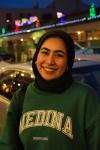
Mariam Ahmed is the Public Policy and Advocacy Coordinator at YWCA. She works on state & local advocacy to advance YWCA's legislative priorities while engaging with community. A California native and community organizer at heart, Mariam focuses on the intersections of poverty and creating meaningful change.
We tell the stories of those with lived experiences of racism and sexism and invite supporters to take concrete actions to correct the root causes of disparity in our communities.

